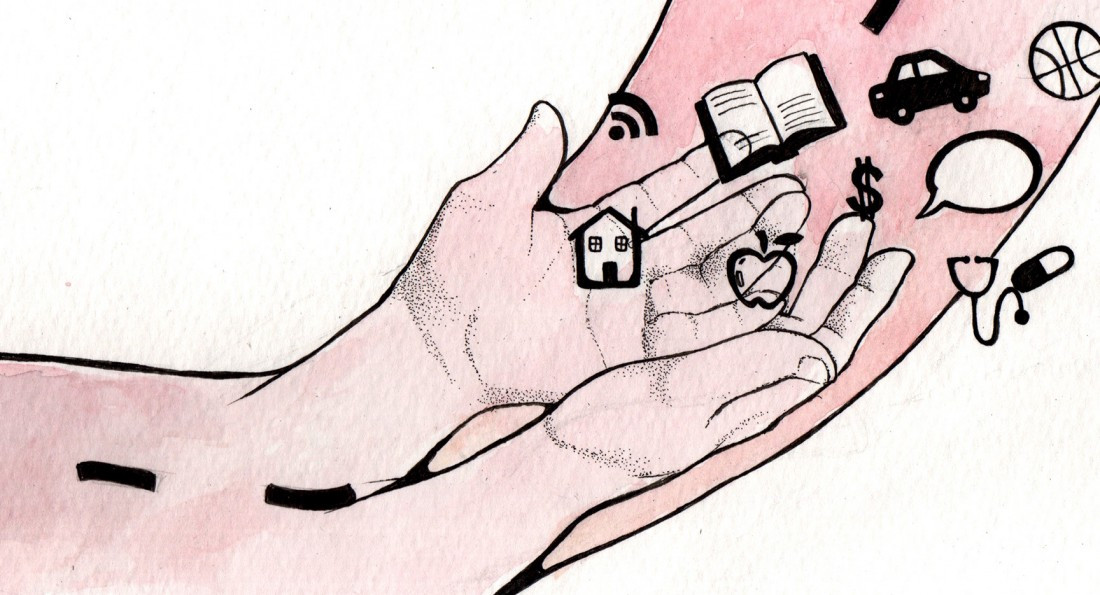Immigration is not a black and white issue
Responsibility lies with everyone when considering newcomer policies
Throughout 2016, and spawned in part by the Syrian refugee crisis, political leaders across the globe declared their stances on migrants. These ranged from German Chancellor Angela Merkel’s temporary open-door policy for asylum seekers to president-elect Donald Trump’s blanket ban on migration from “any nation that has been compromised by terrorism.”
In Canada, these sentiments have been mirrored by conservative leadership hopeful Kellie Leitch’s proposal to screen immigrants for their Canadian values, and Justin Trudeau’s vows to improve the immigration system.
Because Canadian citizens recently voted in favour of a Liberal majority, it is easy to make the assumption that public opinion is aligned with that of the current leader.
However, a recent study conducted by the Angus Reid Institute found that 68 per cent of Canadians would “prefer to see minorities do more to fit in with mainstream society” rather than encouraging “cultural diversity with different groups keeping their own customs and languages.”
This percentage was higher than that of U.S. citizens, 53 per cent of whom agreed with the former statement.
This disconnect between public opinion and the popular idea of Canada as a welcoming society underlies the problem with the way media and politicians have been informing the public on the subject of immigration. Polarizing statements made by political leaders, and their subsequent reportage, do little to inform readers on the complexities of immigration policy.
For instance, the leader of the French National Front party Marine Le Pen recently declared that children of illegal immigrants should no longer have access to free education. Le Pen’s use of the phrase “illegal migrant” is problematic, because it applies a broad stroke to those who have broken one or more immigration laws, which could range from committing a harmful crime to failing to submit the proper documentation.
Subsequently, an article by the BBC applies the term “Far-Right” in association with Le Pen, encouraging a partisan review of the article, regardless of the reader’s political bent.
Members of the public also have a responsibility to realize that issues of immigration are not easily resolved, and that subscribing to certain political or moral ideologies are not going to reveal a straight answer.
Although Merkel’s open-door policy seems the most ethical, she has herself admitted that the migrant crisis “could have been handled better.” In the same vein, although Kellie Leitch’s screening tests are most likely not well thought through, Canadian values like equality, freedom and law and order are important to uphold.
What is most important in 2017 is to maintain an open, informed and respectful dialogue across political, cultural and ideological boundaries. It is important to not dismiss an opinion because it is coming from someone who has been deemed “illegal,” or from someone who has been classified as Liberal or Conservative.
Canada, and Winnipeg in particular, are top destinations for immigrants, and there are cultural and economic benefits to be had because of this. Hopefully this will remain the case in 2017.
Kyla Crawford is a graduate of the environmental design program at the University of Manitoba who has a growing interest in immigration policy.
Published in Volume 71, Number 16 of The Uniter (January 19, 2017)








